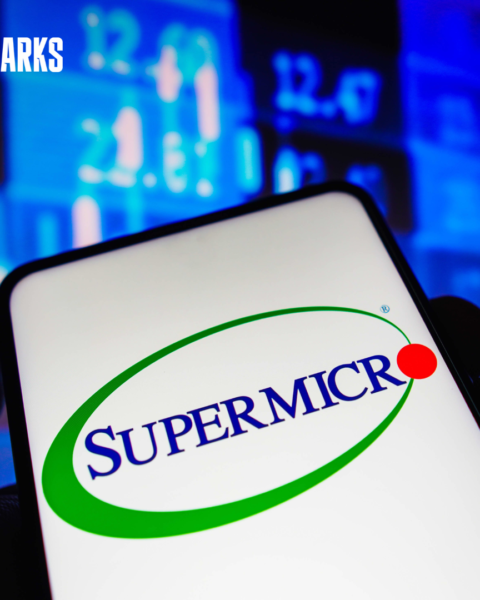European Chips Act promises major investments

A European Commission official stated on Wednesday that the European Chips Act is on its way to help lure over 100 billion euros ($108.41 billion) worth of private investment into the European semiconductor industry by 2030.
Thomas Skordas, an official at the European Commission’s digital unit, highlighted the ambitious future of the European Chips Act at a conference in Antwerp.
This initiative, designed to compete with similar programs in the United States, Japan, and China, aims to bolster Europe’s semiconductor industry.
Investment Promises and Goals
Skordas announced that the European Chips Act has generated commitments for investments totaling around 100 billion euros. These investments aim to significantly expand the EU’s semiconductor manufacturing capacity by 2030.
Current Funding and Industry Participation
While the European Union Chips Act is touted to provide 43 billion euros in funding, the actual disbursement has so far been limited.
Also read: SAMSUNG APPOINTS YOUNG HYUN JUN
The act heavily relies on contributions from individual member states. Despite this, major companies like Intel and TSMC have committed to building semiconductor plants in Germany, with investments exceeding 30 billion euros this year alone.
Upcoming Funding Initiatives
The Commission is set to finalize funding for research and development pilot lines in four chip industry sub-sectors by September. This includes a significant 2.5 billion euro grant focused on developing extremely advanced chips within Europe.
Additionally, funding plans for another pilot line dedicated to photonics—chips that use light instead of electricity—are underway.
European Design Platform
Skordas also discussed the creation of a European design platform, which will provide companies, academics, and startups with access to essential software tools for chip design.
This platform aims to empower European entities to design their own chips, although manufacturing will likely remain with specialists like TSMC, Samsung, or Intel. The call for the consortium responsible for this platform is expected to open in July.
Conclusion
The European Chips Act represents a bold step towards establishing the EU as a significant player in the global semiconductor industry.
With substantial investment promises and strategic initiatives in research and development, the act aims to reduce Europe’s dependency on foreign semiconductor technologies and enhance its technological sovereignty.
Share This
Tony Boyce is a seasoned journalist and editor at Sharks Magazine, where his expertise in business and startups journalism shines through his compelling storytelling and in-depth analysis. With 12 years of experience navigating the intricate world of entrepreneurship and business news, Tony has become a trusted voice for readers seeking insights into the latest trends, strategies, and success stories.























